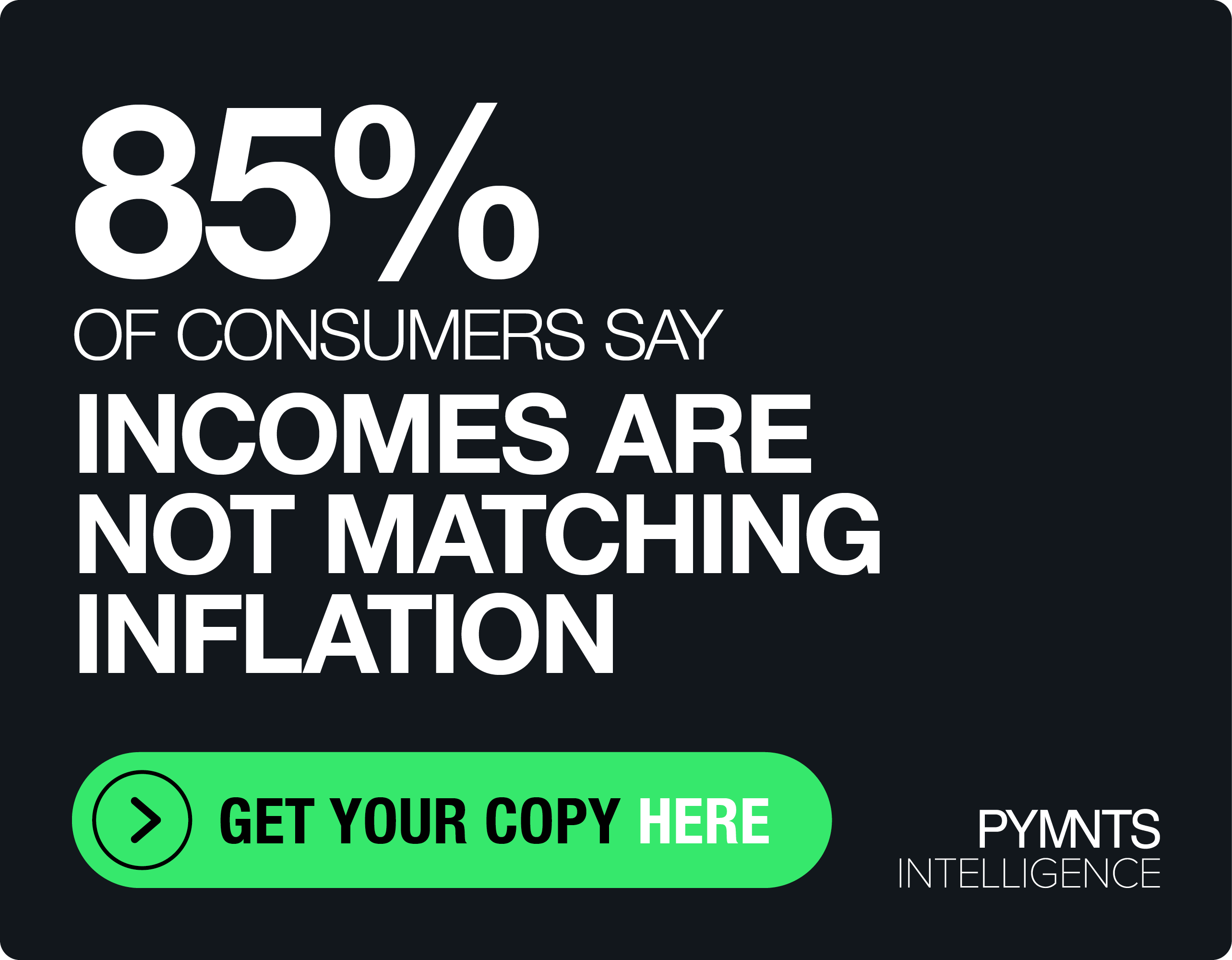Future of eCommerce Will Be More Human, Conversational
For international businesses, gaining a foothold in the fragmented European market can be an uphill battle — but for those willing to put in the work, the rewards can be huge, according to Philippe Peyresaubes, general manager for France at Brazilian eCommerce software firm VTEX.
Since opening an office in Paris last year, the company has been expanding its global digital commerce platform and investing heavily in the “booming” European market, leveraging its experience powering eCommerce operations in Latin America.
As Peyresaubes explained in an interview, “Everything that has been built on VTEX to cover LatAm fits very well with Europe,” adding that “if you’re looking at LatAm and Europe, there are a lot of similarities — many countries, many languages, many currencies.”
Learn more: LatAm’s eCommerce Boom Propels MercadoLibre to 53% Increase in Sales
He further said that the decision to establish a presence in France — Europe’s third largest eCommerce market behind the U.K. and Germany — made strategic sense for VTEX.
What’s more, many of the clients that the software vendor has picked up in Latin America are French companies, including Carrefour and L’Oréal, thereby creating a “good opportunity for us to find a way to extend the relationship from LatAm to France and Europe, in general,” he pointed out.
That, in addition to cultural similarities between Southern European countries like Spain and Portugal and VTEX’s home turf in South America, made doing business there a natural fit.
Related: BigCommerce Moves Into Germany, Mexico and Spain
But fierce competition in the European eCommerce platform space is not lost on Peyresaubes, who nonetheless pointed to VTEX’s strategy of specifically targeting the largest organizations and building products that meet their more complex needs as an edge over other players.
“We can do marketplaces, we can do omnichannel, [VTEX can manage] many different stores, different warehouses, different kinds of stock rotation,” he said.
Moreover, working with retailers that operate across multiple countries and currencies is VTEX’s strong suit, he added, noting that it’s how the company distinguishes itself from providers that focus on managing an “easy kind of eCommerce business.”
See also: Boots Launching Online Marketplace as Part of Digital Transformation
Future Is ‘Conversational’ eCommerce
Discussing the challenges faced by VTEX’s European clients, Peyresaubes observed that there is a high demand for omnichannel solutions that give businesses oversight over their entire sales and logistic operations across online and offline channels.
Read more: Ulta Beauty Answers Consumer Call for Omnichannel Options
This challenge is even greater for the global companies that VTEX works with, which need help to optimize shipping and distribution across borders in order to deliver the best customer experience.
As well as logistics management, retailers also need to be able to keep pace with an evolving payments landscape.
Peyresaubes said that in the last two years, every month there has been “a big [payment service provider] coming out with a different type of value proposition.” As he explained, here too, VTEX’s specialization in highly complex eCommerce operations comes into play when helping retailers integrate new payment solutions.
Related: VTEX Teams With Stripe to Offer Digital Payment Options for eCommerce Retailers
He added that for VTEX, in order to be able to offer new, “out of the box” payment solutions to its customers, the platform needs to first anticipate payment trends and build connectivity with the relevant payment service providers.
Besides demand for omnichannel retail and an ever-growing range of payment methods, changing consumer preferences are also shaping the eCommerce space in various ways.
For instance, the fact that customers increasingly want a “more human relationship with eCommerce” is the reason why trends such as live shopping, social commerce and live customer support are on the rise today, he explained.
Calling these aspects of the modern online shopping experience “conversational corners,” Peyresaubes said that “all our customers are asking for these types of customer experiences,” and that “the future of eCommerce is going to be a lot more conversational.”
More on this: What’s Next in the Connected Economy? VTEX CEO Says Conversational Commerce
For all PYMNTS EMEA coverage, subscribe to the daily EMEA Newsletter.
